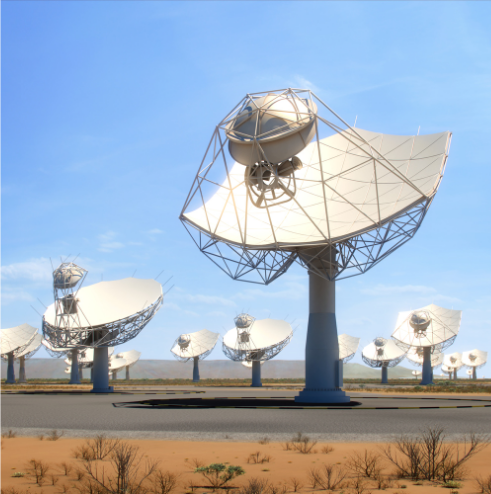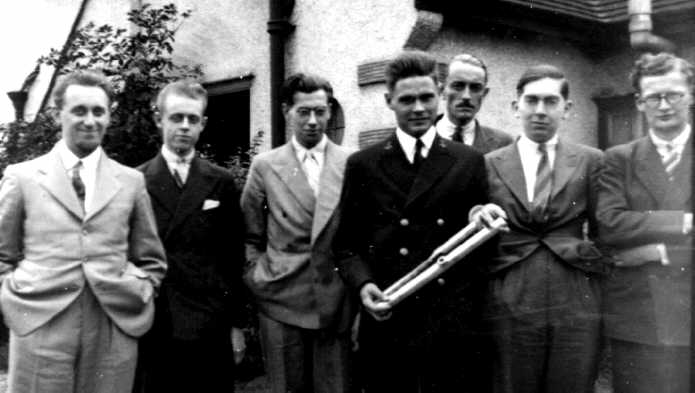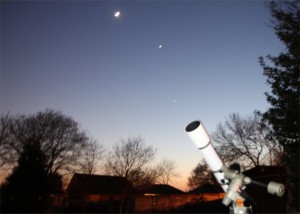
Credit: SKAO
The Square Kilometre Array (SKA) is a global science and engineering project to build a revolutionary new radio telescope with extraordinary scientific ambitions.
With funding from 10 nations, construction of the SKA will begin in 2016 and be fully operational in 2024. It will tackle some of the profoundest questions of cosmology, including organic molecules, gravitational waves, pulsars orbiting black holes, and light from the earliest stars that illuminated the universe. To do this, the SKA will require supercomputers, innovative new power stations, and high-speed communication links that do not currently exist.
This interview with Professor Michael Kramer was recorded in March 2012 at the National Astronomy Meeting in the University of Manchester, two months before the announcement that the Square Kilometre Array will be built in South Africa, along with Australia & New Zealand.
Professor Kramer from the Max Planck Institute for Radio Astronomy in Germany, which manages the 100m Effelsberg Radio Telescope, is a former associate director at Jodrell Bank and still a professor there, talks about the technical, political and economic concerns associated with the SKA project.
Podcast: Play in new window | Download (Duration: 22:28 — 15.4MB) | Embed
Subscribe: Apple Podcasts | Spotify | RSS | More



